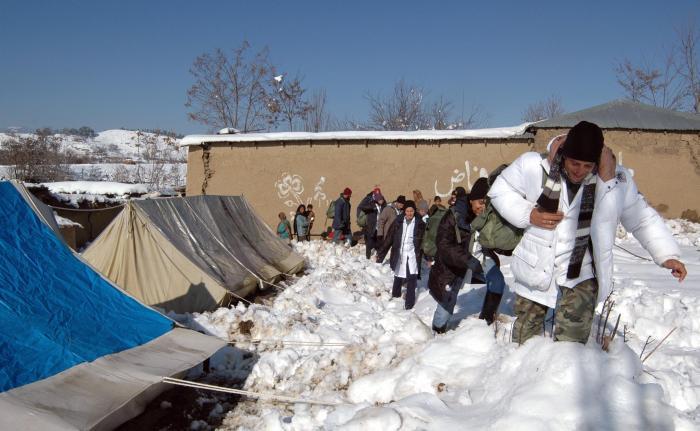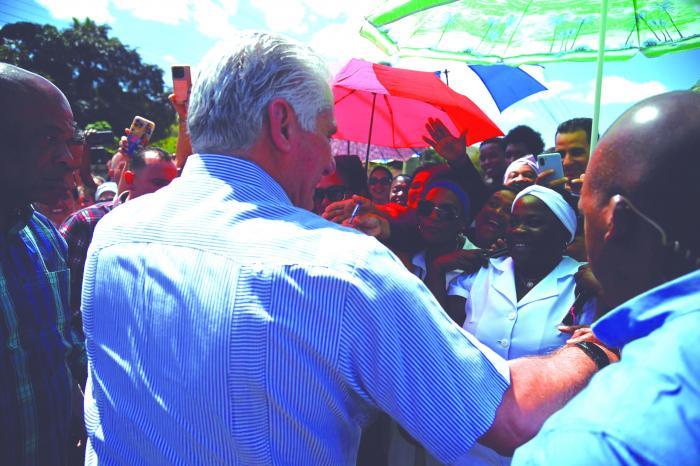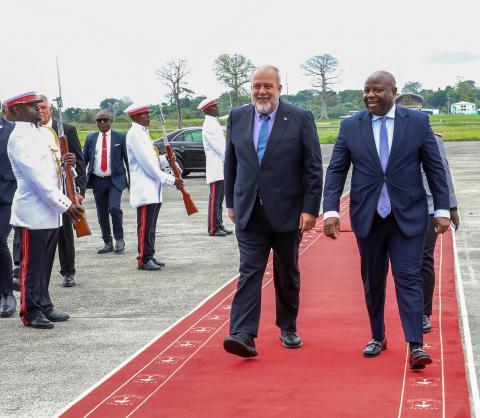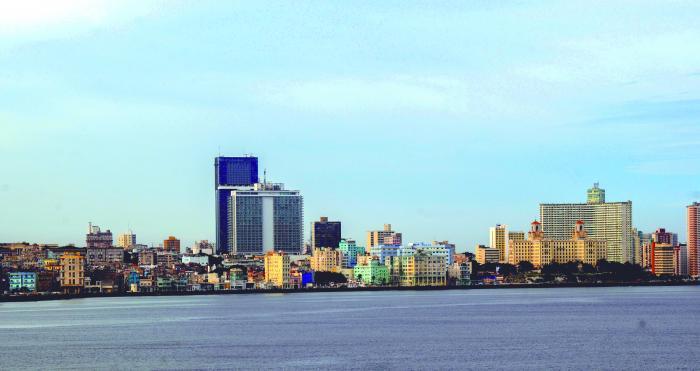


To specify which is the most absurd of the innumerable measures taken by the U.S. against Cuba in six decades is an almost unmanageable task.
These years of economic warfare, state terrorism and permanent hostility have left an immeasurable number of human victims and material losses among the Cuban population. The cruelty of this policy is well documented, so there is no way that this sordid and multifaceted aggression can find support within the island.
Despite the above, there is a dimension of the damage that far transcends the borders of the archipelago. It is nothing less than imposing sanctions on Cuba and, in parallel, on the directors of governments that have requested and managed Cuban medical cooperation services.
It is impressive, due to its cynicism, how anyone can be against this support, an immense gesture of nobility and solidarity that has contributed to saving millions of lives in several countries around the world.
It has even been offered to the United States; for example, after the devastation caused by Hurricane Katrina on the U.S. coast of the Gulf of Mexico, the same hurricane that someone has decided to rename.
The truth is that, in the face of such foolishness, it would be good to remember some facts in context. Yes, because for the patients treated in solidarity by Cuban Health, for those rulers who facilitated that aid, perhaps there is nothing more absurd than the decision to hinder, to cut off, to sabotage Cuba's international medical collaboration programs.
If the extraterritorial nature of the sanctions that Cuba suffers from the United States was not enough, cutting off cooperation in the health sector is, by definition, perhaps the most extraterritorial of all, the most internationalized and, therefore, the most repudiated at the level of the peoples and governments that benefit from it.
It would be necessary to ask, if possible, what the more than 2 billion patients, millions of them saved from death, would think if they were to learn of the American felony.
How would they react if they were told that Cuban doctors are “slaves”; those same doctors who, many times in an epic way, due to the demanding conditions in which they usually work, took away their pain or saved their children or other relatives, who assisted at the sublime moment of a child's birth, who restored the sight of a few, in a medical act called Miracle.
And the problem is even greater when it is known that these silent heroes have been practically all over the world, because the inhabitants of some 160 countries can attest to what is said here; in Latin America and the Caribbean, Africa, Asia, Oceania, and even in developed countries of Europe.
No less than 400,000 aid workers have gone with the backpack of solidarity to other countries, an unparalleled figure that not only shows the human capital involved, but is also the result of a country's vocation, of a program that has history and continuity, with colossal examples over six decades.
There was always a Cuban doctor contemplating the sunrise in some corner, at the moment when one of his compatriots was getting ready to start a night shift. Impressive, from any perspective.
It was Cuban aid workers who were in the front row when the devastating Ebola epidemic broke out in Africa; when some four million people suffering from cataracts and other ophthalmologic ailments recovered their sight, thanks to Operation Miracle.
Professionals in white coats were among the first to arrive in faraway Pakistan after a tremendous earthquake; or those who have assisted entire populations in the Amazon jungle or in the deep rural areas of Central America, or on the shores of the beautiful Natadola Beach, in the remote island of Fiji.
What about the Henry Reeve Contingent, specialized in disaster situations and serious epidemics, which owes its name to that American-born soldier who gave his life for Cuban independence? Looking at it from another angle, it is likely that the name itself, perhaps an expression of the spirit that inhabits the true American people, is one of the causes of so much irritation among the worst of the anti-Cuban clique in Miami/Washington.
That contingent, as is well known, put its chest out in no less than 56 countries in which the COVID-19 pandemic was accumulating deaths due to insufficient medical attention.
This is how it reached Italian, French and Portuguese citizens and also British vacationers on a cruise ship in the Caribbean who, with sick people on board, were only received in a Cuban port, in Havana, to bring them to safety. This is the same city that the U.S. Government prohibits its cruise ships from visiting.
The measures against Cuban medical cooperation are also absurd for hundreds of experts and PAHO or WHO officials, who have described the island's experience as unique, unparalleled in the history of international cooperation.
For such criteria, the Henry Reeve Contingent received in 2017 the prestigious WHO's Dr. Lee Jong-wook Memorial Public Health Award.
Likewise, the World Peace Council formally registered the Contingent's nomination for the Nobel Peace Prize for 2021.
The lack of support for the policy of discrediting Cuba's medical cooperation with the world is a certainty, no matter how great the pressure mechanisms that are tried.
The firm positions of Caribbean leaders such as those of the Bahamas, St. Vincent and the Grenadines, Guyana, St. Lucia, and other brothers in the region are there, fresh in their minds; the most recent one, Jamaica, whose Prime Minister refuted, right under Marco Rubio's nose, the insolent statement of the Secretary of State, who described the international exercise of Cuban medicine as atrocious.
It is presumable that this lack of support is of no interest to the U.S. rulers, but the peoples, the millions of beneficiaries, are clear that this is indefensible from any perspective, from any religious creed or ideological stance.
Surely they agree with Commander-in-Chief Fidel Castro Ruz, when he said that “Medicine cannot be a business; it is a human right”.
And he also affirmed: “medicine will be one of the most powerful weapons to build a better world”.
Related News

In Matanzas, work is being done with creativity and self-awareness

Cuban Prime Minister arrived in the Republic of Equatorial Guinea

Strength and sensibility, essential to continue overcoming challenges


